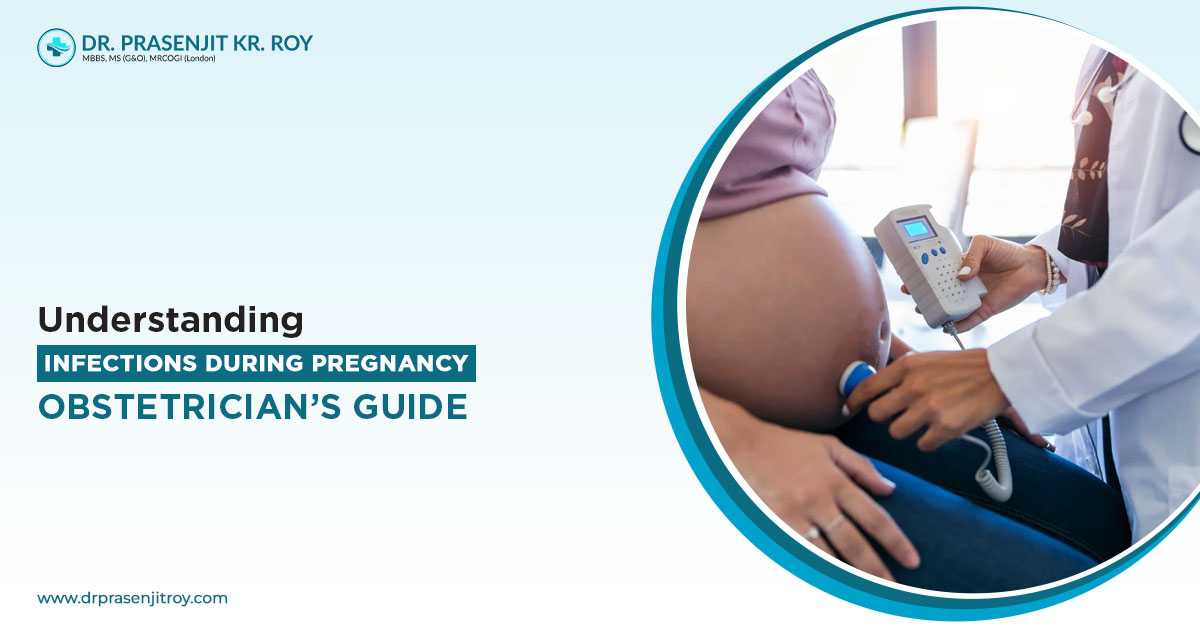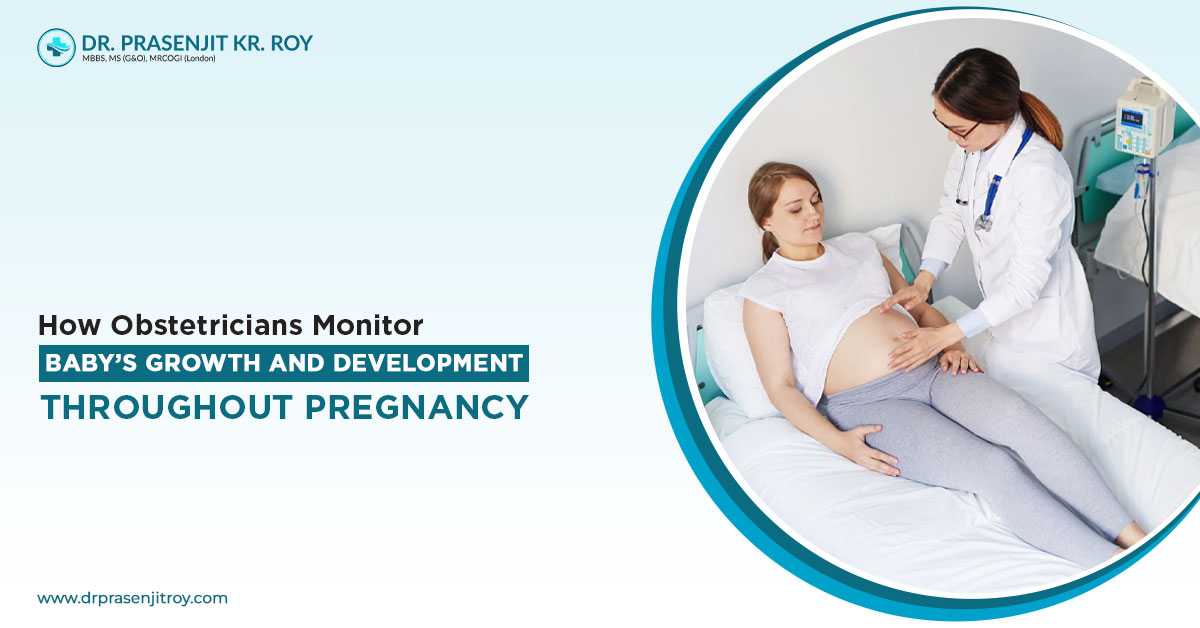Male infertility can make it difficult for a couple to conceive and this phase can be extremely frustrating. There are various causes of male infertility such as injuries, low sperm production, health problems, lifestyle choices, sperm transportation issues, and abnormal function of the sperm.
The doctor may perform a physical examination, check medical history, and recommend some diagnostic tests to determine the underlying causes of infertility. You can visit a reputed fertility centre in Gangtok to seek the guidance of an infertility specialist, who will recommend suitable tests to adopt an effective treatment plan.

Here are some of the effective diagnostic tests that contribute to determining the reasons behind male infertility.
1. Semen Analysis
In this diagnostic method, the collected semen sample is tested in the lab to determine the cause of infertility. You must remember that due to fluctuations in the sperm count the doctor may recommend you to provide the samples more than one. The results of the test will showcase sperm morphology, motility, concentration, viability, and any signs of infection.
2. Hormone Testing
The proper functioning of testicles, pituitary gland, and hypothalamus is checked in hormone testing. This is because these are the main glands that produce certain hormones responsible for sperm production. The three important hormone levels measured in this blood test are LH, FSH, and testosterone.
3. Scrotal Ultrasound
In scrotal ultrasound, high-frequency sound waves are provided in the scrotum with a handheld probe. These sound waves help detect cysts, varicoceles, infections, tumors, fluid present in the testicles, and testicular torsion. If a varicocele is detected in the tests then the doctor may recommend surgery.
4. Genetic Tests
The association of genetic defects with infertility has increased hugely. Genetic testing can be one of the most beneficial diagnostic tests that help in detecting chromosomal abnormalities leading to a decrease in sperm production and development of sperm disorders. This test is mostly effective for patients suffering from oligozoospermia or azoospermia.
5. Anti-Sperm Antibodies Test
Prostate gland infections, injury, and surgery are some of the factors that destroy the protective system of the sperm. This makes the sperm contact with our immune system and in such scenarios, the body produces antibodies to kill the sperm leading to infertility. Anti-Sperm Antibodies Test helps in detecting the presence of such antibodies.
6. Urinalysis
Urinalysis is a medical test that is recommended to patients in case of normozoospermic infertility, where the sperm cells are infertile. In this test, a urine sample will be collected to check the biomarkers present in the urine. These biomarkers have been found as the main factors behind normozoospermic infertility.

7. Retrograde Semen Analysis
Retrograde ejaculation is a health condition where the sperm instead of coming out through the penis goes back into the bladder and this reduces the chances of fertility hugely. In retrograde semen analysis, the sample of urine and semen will be analyzed to retrieve the sperm cells from the urine sample for fertilization.
To get the best knowledge about your health condition and reasons for infertility, you must book an appointment with an infertility doctor by visiting the best fertility centre in Gangtok. Based on your condition, the doctor may also recommend you testicular biopsy, transrectal ultrasound, and vasography to select an appropriate treatment.







